
Maintaining Ideal Body Condition in Athletic Horses
Here’s what to consider if your athletic horse isn’t maintaining ideal body weight and condition.

Here’s what to consider if your athletic horse isn’t maintaining ideal body weight and condition.

Certain management practices can help owners reduce the risk of their horses developing colic.
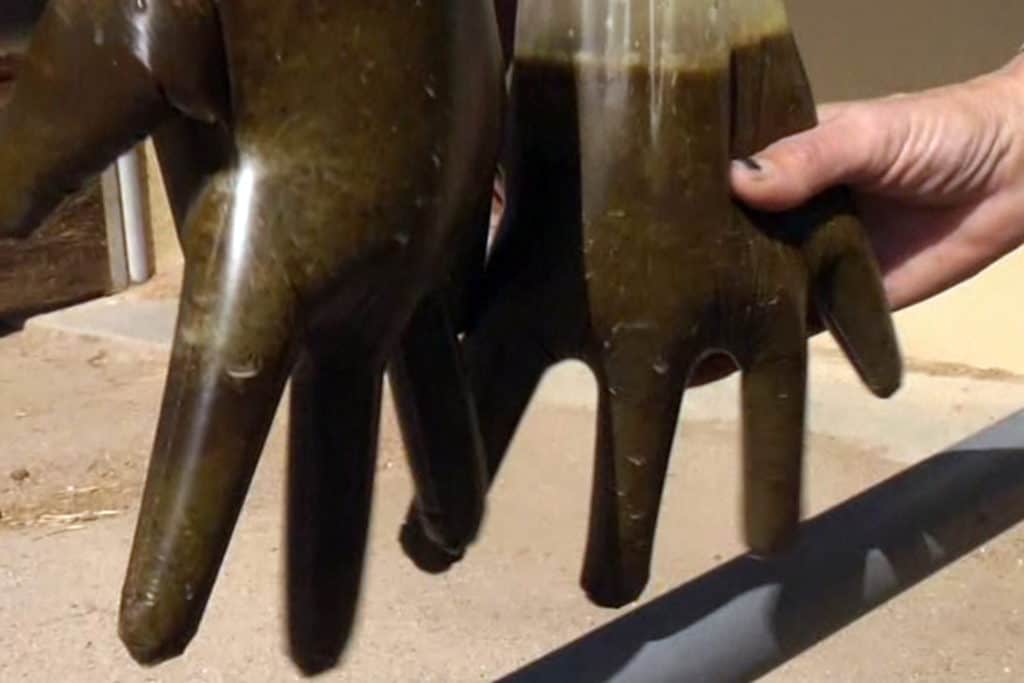
Too much sand in your horse’s intestines can cause diarrhea, blockages and colic. Dr. Sharon Spier shows you a how to measure the amount of sand your horse is excreting. (2:18)
Reported diseases include CEM, strangles, influenza, EVA, EHV, piroplasmosis, salmonellosis, and more.

Of 400 participants, 79% said they’d never heard of the bacterium and only 5% had known a horse with it.
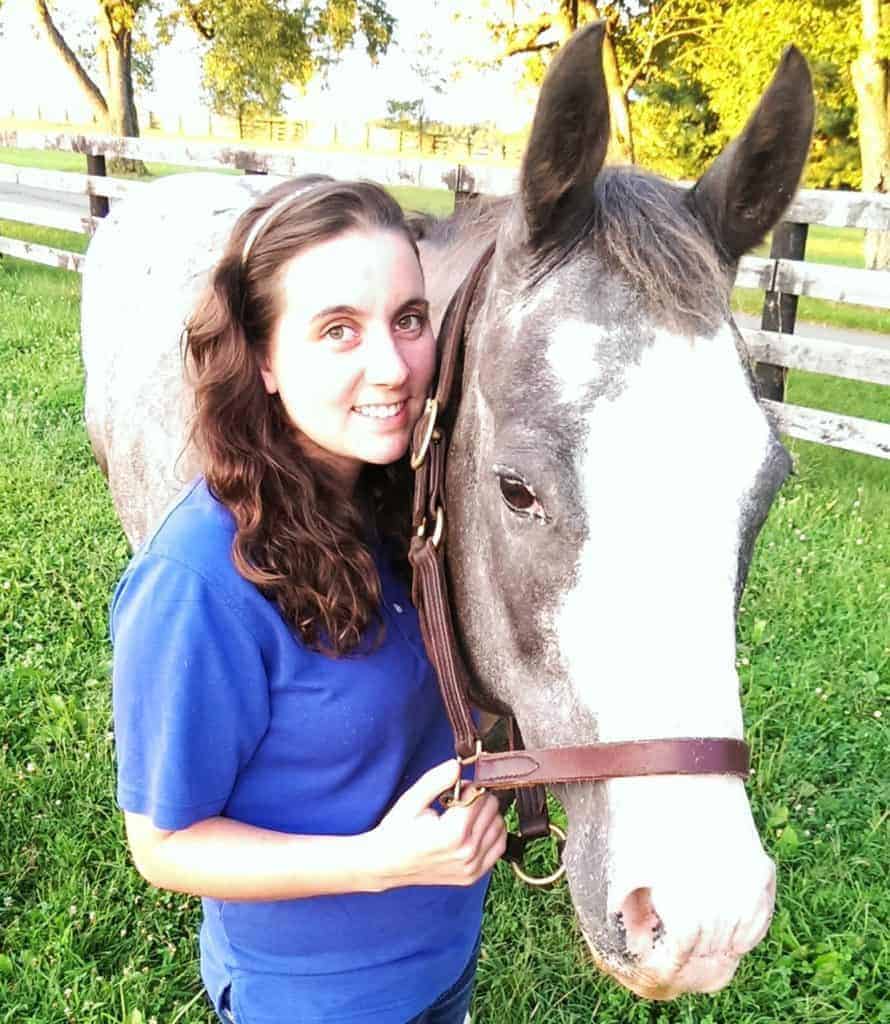
Harlow’s research has focused on exploring options for reducing gastrointestinal conditions in the horse.

Researchers are exploring the use of renal replacement therapy to help horses with acute renal failure.

Most voters–421, or 73%–indicated they’ve never taken a horse to colic surgery.
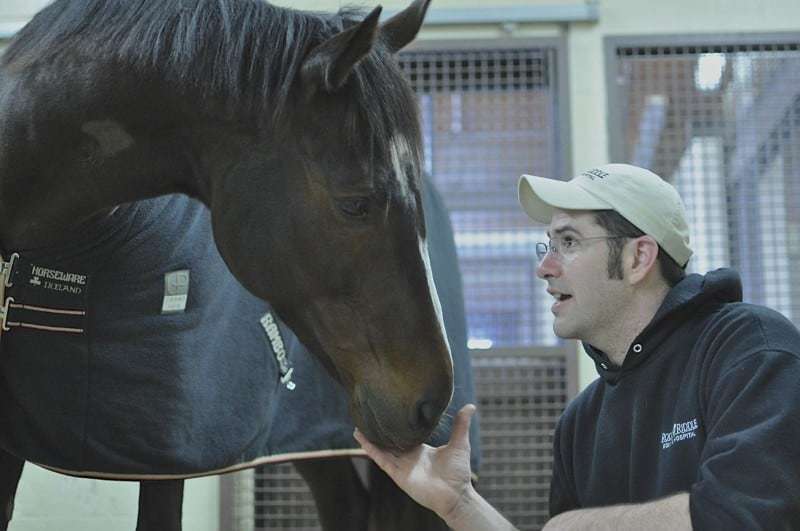
Meet a person instrumental in helping Rachel Alexandra recover from life-threatening foaling complications.
Is it possible for young horses that aren’t in training to get stomach ulcers?
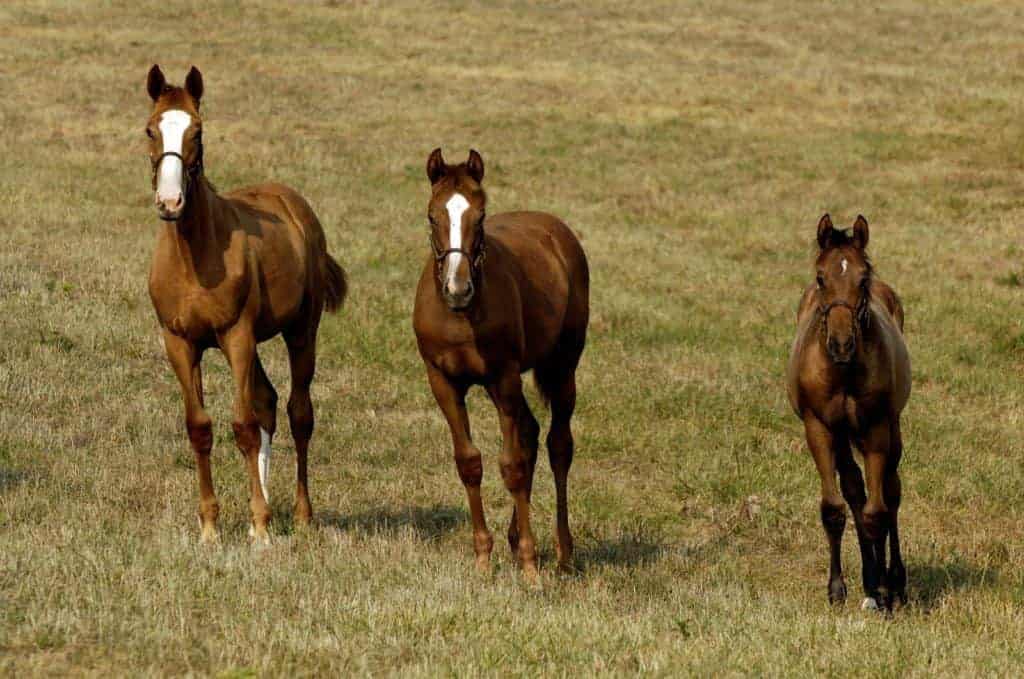
Learn about Lawsonia intracellularis and factors that could lead to EPE infection development.
The online tool assesses and calculates colic risk while providing useful feedback on management practices.

Gain insight about postoperative ileus: a potentially life-threatening complication of colic surgery.
Confirmed diseases include contagious equine metritis, strangles, EHV, influenza, and more.

An LSU study found that, after omeprazole treatment, SmartGut Ultra reduced the return of ulcers in horses.
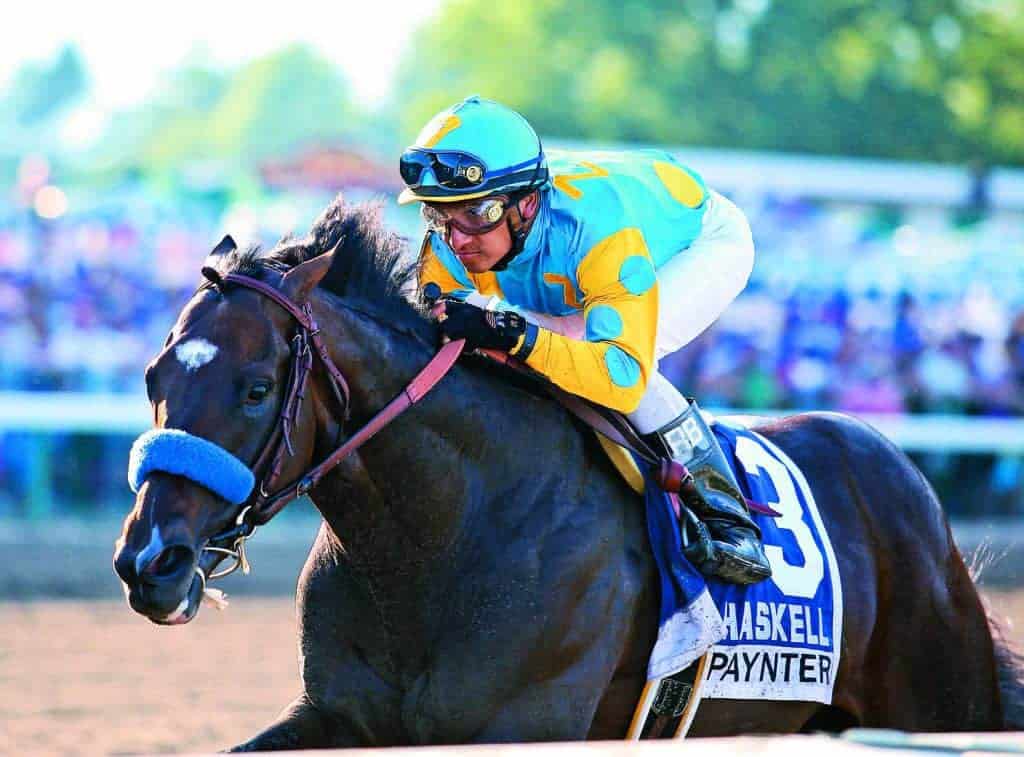
Paynter, who overcame a serious illness, will return to the races later today in California.
Stay on top of the most recent Horse Health news with
"*" indicates required fields